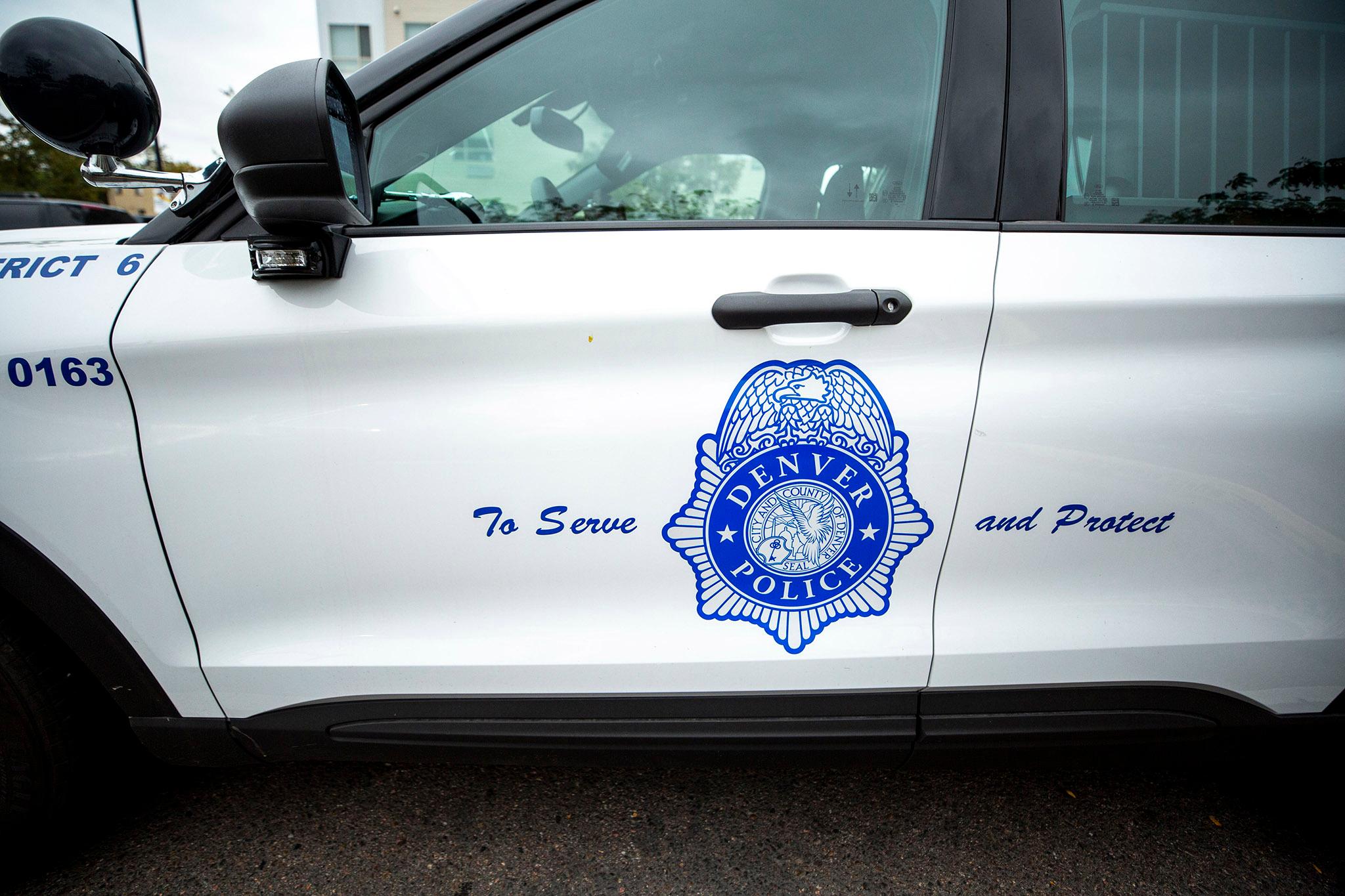Denverite asked more than 100 residents what they are hoping to see political candidates address in 2022. In our interviews, we learned that crime was second on residents' minds, behind the city's affordability.
Denverites are specifically worried about rising violence and property crimes, accessibility to parts of town that appear dangerous, a lack of law enforcement and also concerns about excessive force. There's also concern about guns and youth violence.
Elections are coming up. Ballots will be sent out in the mail starting Oct. 17 and voting wraps up Nov. 8. Here's what you need to know about how crime shows up in the upcoming election. (Hint: When it comes to local and statewide ballot measures, it doesn't show up all that much.)
City and County Ballot Questions
This election's local ballot questions do not address crime at all. Some, called referrals, were brought to voters by City Council. Others, called initiated ordinances, were brought to voters by citizens who collected signatures from registered voters.
Ballot issues, like the one some voters will see which was brought by the Valley Sanitation District, are proposed by districts. Again, these do not directly address crime.
Amendments to the state constitution
While the legislature or citizens can put these items on the ballot this year, only the legislature did. These items would change Colorado's constitution.
Only one item even vaguely relates to crime. Amendment D would direct the governor to move judges from the 18th judicial district to the 23rd judicial district. If this does not pass, there might be some uncertainty as to which judges would be assigned to the 23rd Judicial District. Read more about that here.
These amendments require 55 percent of voters to approve them to pass.
Propositions
Either citizens or lawmakers can put these items on the ballot. They do not change the state's constitution. Rather, they change state statutes or taxes. A majority of voters must approve them.
This year, only one of eight is related to crime. That's Proposition 122, which would decriminalize the possession and use of psychedelic mushrooms and other possibly other plant-based psychedelic substances for people 21 and up. Read more about that here.
U.S. Senators and Representatives for Congress
U.S. senators and representatives set federal policies, proposing and voting on new laws and plans for how the government spends taxpayer dollars. While crime is a local issue, some decisions made in Washington D.C. influence how much funding local police and sheriff's departments receive.
Senators and Representatives will set some federal laws and decide what kinds of crime-fighting and police-training initiatives get federal funding.
Two senators represent all of Colorado, while congressional districts represent certain cities and counties. Colorado currently has seven congressional districts, and in the next session, there will be eight. Senators take a statewide approach, while representatives give smaller regions a voice in federal policy.
Read more about the representatives and their challengers here.
And you can read about the U.S. Senate race between incumbent Michael Bennet, a Democrat, here and his Republican challenger Joe O'Dea here.
Governor
Crime -- already a main talking point between Gov. Jared Polis, a Democrat, and his Republican challenger, Heidi Ganahl -- will likely be a top issue in the next legislative session.
The governor oversees multiple state agencies, boards and commissions, including the Access to Justice Commission, the Automobile Theft Prevention Board, the Child Abuse Prevention Trust Fund, the Clemency Advisory Board, the Community Corrections Advisory Council, the Correctional Industry Advisory Council, the Commission on Criminal and Juvenile Justice, the Human Trafficing Council, the Identity Theft and Financial Fraud Board, the Commission on Judicial Discipline, the Judicial Nominating Commissions, the State Board of Patrol, the Coloardo Department of Public Safety, and many more.
Here's more about Polis and Ganahl.
Attorney General
When it comes to state-level elected positions that can address crime, few are as crucial as the attorney general, an office that describes itself as "the people's lawyer." The office's Criminal Justice Section tackles issues like fraud, environmental violations, human trafficking, drug trafficking murders, and organized crime that crosses local jurisdictions. The position often works with state, federal and local law enforcement. The office also handles criminal appeals.
Here's more about who's running.
State senators and representatives
State senators and representatives are Colorado's lawmakers. With crime on the minds of many residents, there's a good chance they will be tackling these issues rigorously in their next session. In recent years, that's looked like creating new policies regarding fentanyl, ensuring police wearing body cameras, and turning most low-level drug possession into a misdemeanor.
Judicial retention questions
Voters have the chance to decide whether to retain eight Colorado Court of Appeals judges, 12 2nd Judicial District judges, and nine Denver County Court judges. Performance reviews of the individual judges are available through the Secretary of State's website and in the blue ballot guide sent to all voters.
?️ For more information on the November ballot, check out the complete Denverite and Colorado Public Radio ballot guides.













